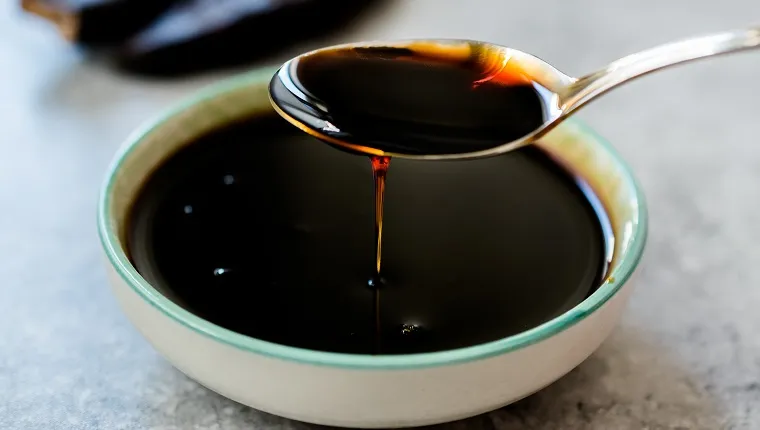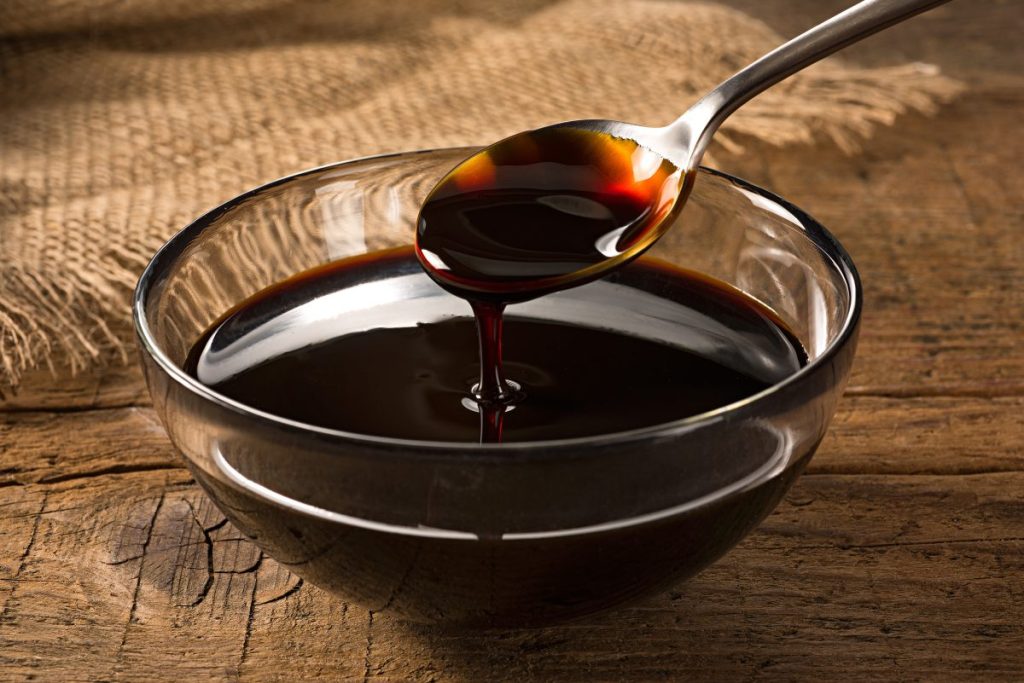Can dogs eat molasses? Given that I’ve spent most of my life actively avoiding molasses, I’m not sure why they would want to. But molasses does have nutritional benefits! So, can dogs safely eat it?
The short answer is technically yes, molasses can be safe for dogs in moderation, but only one select type. Molasses is derived from pure sugar cane, which is historically not great for dogs, especially those living with or at risk for diabetes.
But one particular type is prepared in such a way that the nutrients overcome the sugar.
Before incorporating any high-sugar food item into your dog’s diet, be sure to consult your veterinarian. If your dog has certain health conditions, they might rule it out entirely. In the meantime, here’s what you should know about the complicated nature of molasses when it comes to dogs.
How Is Molasses Good For Dogs?
Sugarcane is a plant, with roots that go deep underground. Like all roots, they soak up nutrients from the deeper levels of the earth, with little to no nutrients found in the top-most layers.
However, the high-temperature process of creating standard sugar typically eliminates these nutrients. Molasses is manufactured a bit differently.
Molasses is a thick, sugary syrup derived from boiling sugarcane. The boiling process separates the sugar crystals out and they form this syrup, light brown to dark brown in color. This process allows molasses to retain the nutrients of sugarcane.
These nutrients can include chromium, a natural sugar metabolizer, iron, calcium, magnesium, and vitamin B6. All of these are vital nutrients for a dog, aiding in anemia prevention, immune system strength, and sustained energy.
However, not all types of molasses are created equal in the nutrient department.
How Can I Safely Give Molasses To My Dog?

Three different kinds of molasses exist, with two of them being a bad choice for dogs. Only one actually retains all of the good nutrients from sugarcane, with drastically less sugar content than the others. Let’s cover the two bad types, first.
Both light and dark molasses should be kept from dogs, with light molasses being the worst of the two.
Light molasses is what you typically find in grocery stores. It’s the first byproduct you get from boiling sugarcane, and it’s the sweetest since the sugar didn’t have time to boil down. Due to it having the highest sugar content, it should not be served to dogs.
Dark molasses comes from boiling light molasses down even further. This does lessen its sugar content while upping its nutrient content, but not enough to be healthy for dogs.
But finally, there’s Blackstrap Molasses, which is derived from boiling down dark molasses. This form of molasses is the most nutrient-dense and contains very little sugar.
If you wish to include molasses in your dog’s diet, or in home-baked dog treats, this is the one to choose. However, make sure to consult your vet first.
Have you tried offering your dog the safe kind of molasses? How did they respond to its flavor? Let us know in the comments below.









